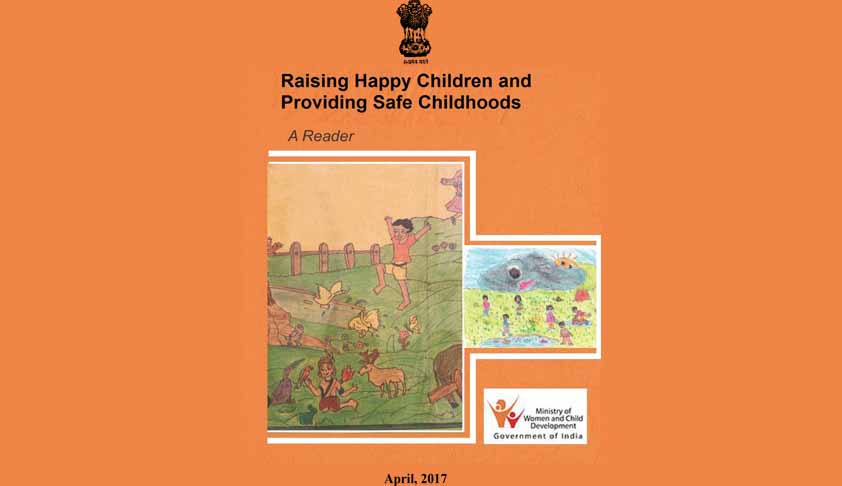Monitor Your Children’s Texting: MCWD’s Reader On “Raising Happy Children And Providing Safe Childhoods”
Apoorva Mandhani
24 May 2017 1:39 PM IST

Next Story
24 May 2017 1:39 PM IST
The Ministry of Women and Child Development has developed a reader titled “Raising Happy Children and Providing Safe Childhoods”, providing advisory guidelines for parents, teachers and the community at large, to protect children from being involved in delinquent behavior through early detection, counselling and positive engagement. The reader draws upon basic principles laid down in...
